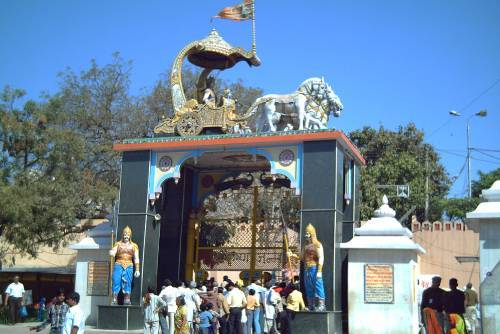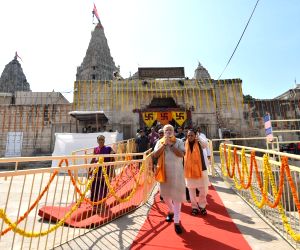Probably. I don't think much about that, though. All of my life I thought of myself as a mongrel of sorts, originated in a land that is proud to be anything but well delimited ethnically.
I don't think any amount of awareness will ever make me think of communities as being defined mainly by their ethnic makeup. It is just too odd an idea for me to take at all seriously.
I'm a mongrel too in more ways than one. Education has assisted me rise above my mongrel background.
All humanity is one people regardless of nation, race, ethnicity, socioeconomic background and religion. Anything less is non-negotiable. I live in a multicultural world and married outside the confines of my culture.
The roots of Hinduism are Dharma, therefore I have no idea of what you mean here.
You are probably already aware of the ironic situation that this causes with Buddha, but I guess you can do as you want.
Without doubt, one of the major challenge for the Baha'i worldview are the contradictory beliefs between religions. How do we reconcile the Abrahamic and Dharmic paradigms? How about monotheistic religions compared with the polytheistic leanings of Hinduism and the atheistic leanings of Buddhism? So while I've been exploring Islam, I’m looking forward to considering Buddhism.
Moses probably was an actual person. Jesus, I don't think so. The evidence that I know of strongly hints against it.
But either way, the doctrines are - and should be - greater than their own founders' hypothetical literal existence.
Doctrines being linked to actual historic people who are special in some way are central to the Abrahamic Faiths. It's one of the major differences between the Abrahamic and Dharmic Faiths.
Most historians generally agree that Jesus was a real person.
Historicity of Jesus - Wikipedia
What do you mean by Dharma?
Poverty is a scourge, and so is ethnical egocentrism, IMO.
Without doubt.
Last edited:






